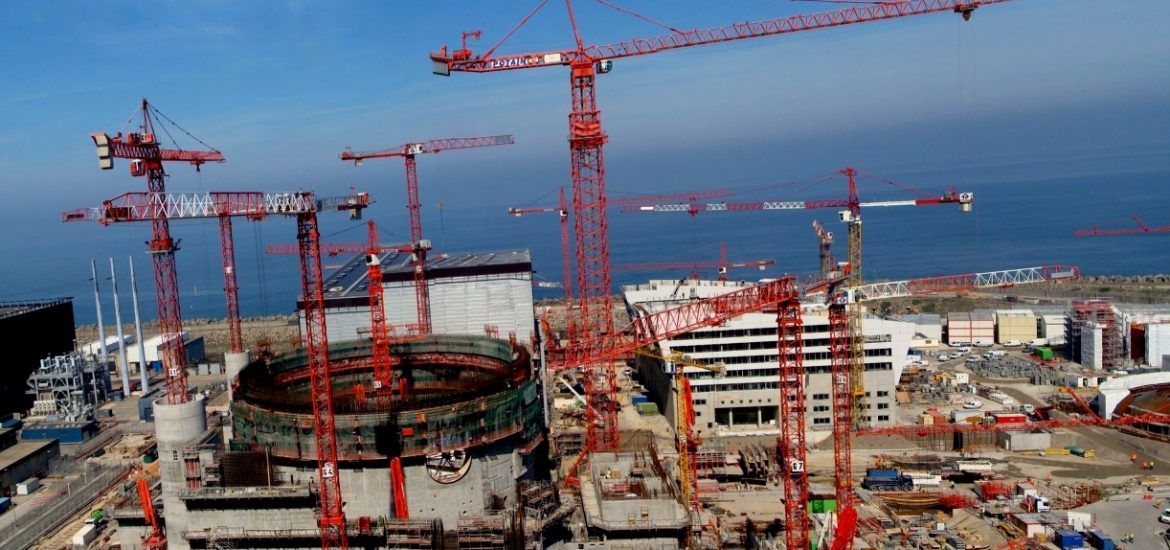
France’s EDF Energy has warned that a key nuclear plant it is building in France could run further behind schedule and over budget, after it detected faults at the €10.5 billion power station, already more than three times its original budget.
On February 22, when EDF first reported the problems, it had initially said there would be no impact on safety, costs or reactor start-up timetables.
The state-owned utility said inspections in March had uncovered problems with welding on pipes at the Flamanville installation in northwestern France.
The reactor design is the same as the one being used at a delayed plant in Finland and at Hinkley Point C in the English county of Somerset, where EDF is building a controversial plant.
EDF said that it had discovered “quality deviations” on 150 welds in a networking used to send steam to turbines used for electricity production.
In February, EDF said that 38 of 66 weldings on the Flamanville reactor’s secondary cooling circuit were not in line with standards aimed at making them safe from rupture.
The nuclear firm said it was checking to see what works would be needed to satisfy the safety requirements of the national nuclear regulator, ASN, and would report on the issue next month.
EDF said: “Following the current checks and the licensing process by the ASN, EDF will be able to specify whether the project requires an adjustment to its timetable and its costs.”
Flamanville is already three times over its original estimated budget and several years late.
Nuclear industry experts said the announcement cast doubt over whether Flamanville’s third generator would be operational by the end of next year, as planned.
EDF shares fell 1.5 per cent on Tuesday, among the worst performers on the Paris SBF-120 index, which was up 0.5 per cent.
Stephen Thomas, professor of energy policy at the University of Greenwich, said: “If remedial work is needed, this puts in further doubt whether Flamanville can be opened on time.”
ASN warned earlier in 2018 that the start-up schedule for Flamanville would be tight.
Paul Dorfman of the Energy Institute at University College London said the problems did not bode well for Hinkley Point C, which is due to begin operations in 2025.
“If they can’t build their own reactor in France, where can they build it? This seems counter to their claims that they are learning from their mistakes and Hinkley won’t be a repeat.”
Flamanville. Picture credit: Wikimedia





